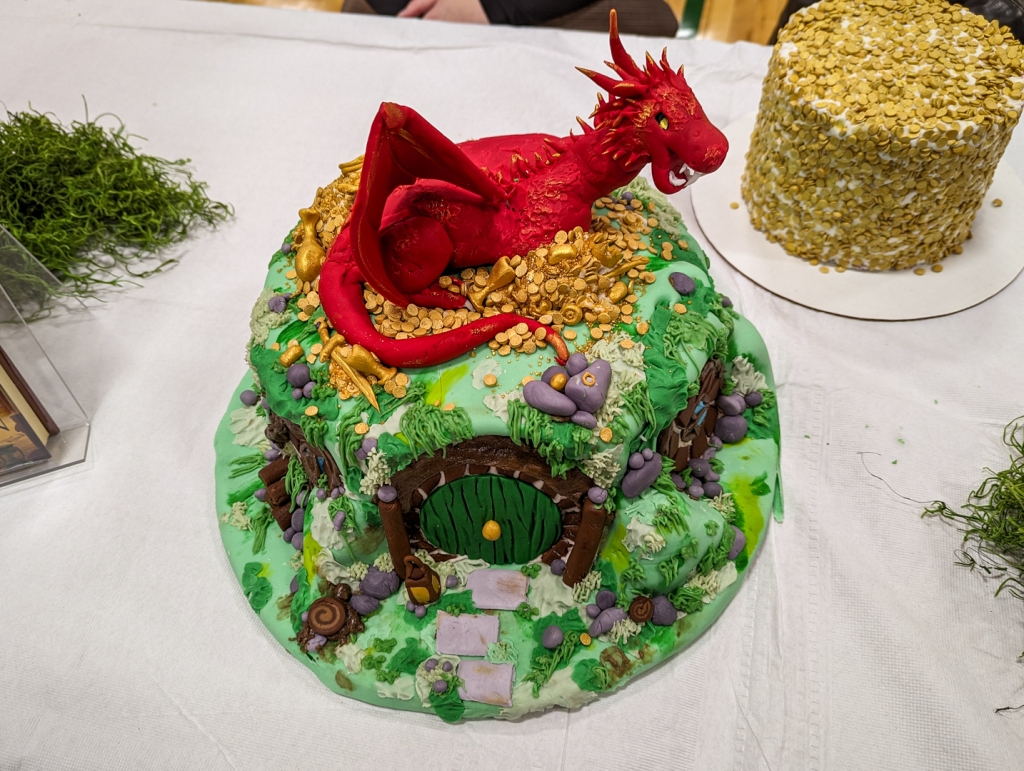Spiders are absolutely not my thing. But somehow, when they’re contained in 24 different clear plastic houses, they’re less shudder-inducing.
Erin Schlabach, a 2007 Ivy Tech Northeast graduate, keeps tarantulas as pets. She and her husband were afraid of spiders, and she read online that one way to conquer that fear was to keep arachnids as pets. She bought her first one in April and now has 24.

“It’s really helped with almost any sort of bug now,” she says. “I’m still in the ‘raising them’ phase. Some I’ll end up selling because it’s easy when they’re small. If I have to have enclosures that are all that big for 24 of them, it’ll start to be a problem.”
Some of the enclosures are easily larger than a foot cubed. Others are hardly bigger than the plastic canister a roll of film comes in. (For those teenage students who may not know or remember anything before digital cameras, click here.)
Similarly, the spiders range in size from nickle-sized to palm-sized. One or two are large enough that they almost look like something you could buy at Stoller’s to freak out your sibling.
Making the pets somewhat less creepy are the cutesy names Erin bestows on them: Princess Bubblegum lives in her collection, as does Bernadette, Annalee, Buffy, Starbuck, and Kaylee. They are named after favorite characters–from Adventure Time, Erin’s own characters, a vampire slayer, Battlestar Galactica, and Firefly.

While her pets have helped with Erin’s fear, she is still not comfortable holding some of her tarantulas. More aggressive spiders are more likely to move quickly, hop, or think everything in front of it is food–like Princess Bubblegum.
“She’s a giant jerk,” Erin says. “She’s really aggressive.”
Erin cajoles one large, nameless tarantula out of its home with a paintbrush and allows it to crawl from hand to hand. This spider is docile, she says.
All her spiders are new world tarantulas, meaning they come from Mexico, South America, and America. Instead of the potent venom found in old world tarantulas–from Asia, Africa, and Australia–they kick off the hairs on the back abdomen, which serves as an irritant. One spider’s abdomen is nearly completely bald because of the kicking.
Erin can’t figure out the spiders’ gender until they molt, when she is able to see the underside of the spider, but she gave them all female names because that is the preferred gender for spiders; once male spiders mature, they live only a few months, enough time to breed and die. Female spiders, though, can live for years after they mature.
She feeds live crickets to the small spiders once a week and twice a week to the larger spiders, and she assures each has clean water. Most spiders are comfortable at room temperature, and Erin doesn’t need to clean the living containers.
“It’s the easiest pet you can imagine,” Erin says. “It’s like having an aquarium without all the work.”




